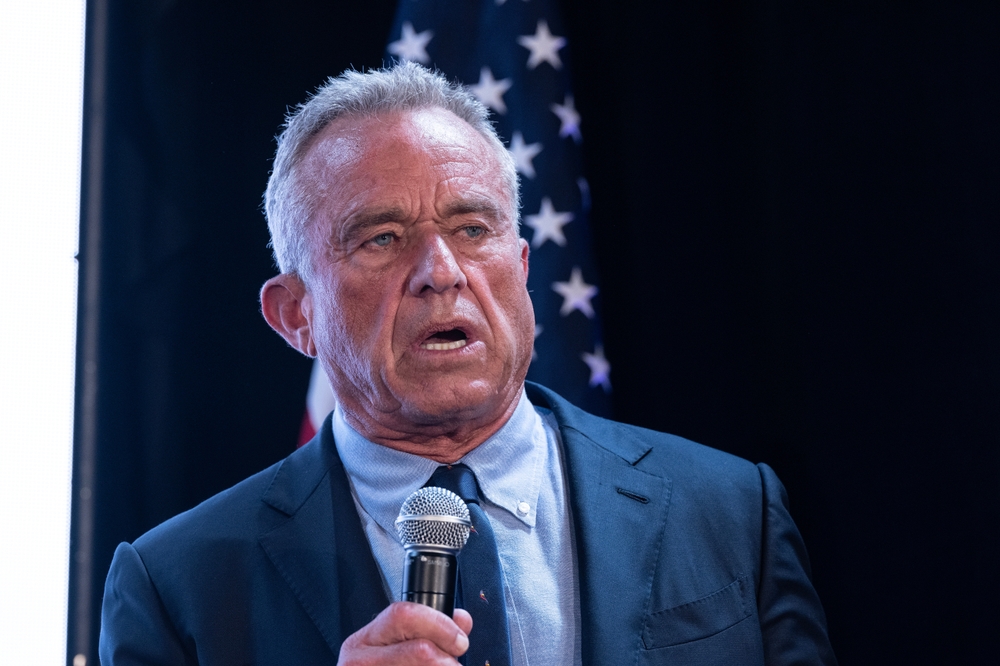RFK Jr. says prestigious publications are “corrupt,” proposes launching government-backed alternatives
Others are reading now
Science and politics are once again on a collision course in Washington. As debates around vaccine policy, public trust, and institutional reform intensify, the role of peer-reviewed science finds itself squarely in the crosshairs of the Trump administration.
The tension has been building for years—stoked by accusations of pharmaceutical influence, skepticism toward medical consensus, and a growing desire in parts of the political establishment to reshape how scientific knowledge is disseminated.
Now, the U.S. government appears poised to challenge one of the most entrenched pillars of modern medicine: its journals.
The Trump administration is preparing to bar federal scientists from publishing in leading medical journals, accusing them of being controlled by pharmaceutical companies.
Also read
U.S. Health Secretary Robert F. Kennedy Jr. outlined the plan during a recent interview, saying the government may instead create its own scientific publications.
In a podcast appearance this week with influencer Gary Brecka, Kennedy declared that journals like The Lancet, The New England Journal of Medicine, and JAMA are no longer trustworthy venues for federally funded research. His reasoning: they are too entangled with the pharmaceutical industry.
Probably we’re going to stop publishing in The Lancet, New England Journal of Medicine, JAMA and other journals, because they’re all corrupt,
said Kennedy, in remarks quoted by Digi24.
Plan to replace long-established journals
Kennedy, a longtime vaccine skeptic, went further—saying his department may actively prevent scientists from publishing in these journals and instead set up federal alternatives. The move would mark a dramatic departure from traditional peer-reviewed research norms.
If these journals don’t radically change, we’ll stop NIH scientists from publishing in them and create our own journals.
Founded in the 19th century, the journals in question are cornerstones of global medical science, known for their rigorous peer review processes. Yet Kennedy alleges they’ve become marketing arms for pharmaceutical giants. He cited a longstanding critique from Marcia Angell, former editor-in-chief of NEJM, who wrote in the 2000s that it was becoming difficult to trust much of the published clinical research.
Broader reforms and accusations
Kennedy also accused federal health agencies of being captured by corporate interests. Since taking office, he has promised a sweeping reform of the Department of Health and Human Services to combat what he calls “bureaucratic proliferation” and to restore public trust in scientific oversight.
He claims large pharmaceutical companies routinely pay to have favorable studies published—suggesting the journals act less as independent arbiters and more as paid platforms.
The administration has not clarified how or when it would launch its own journals, or what peer review standards would apply. But Kennedy’s statements mark a sharp escalation in the administration’s war on scientific consensus and institutional credibility—raising alarms in the global research community.


